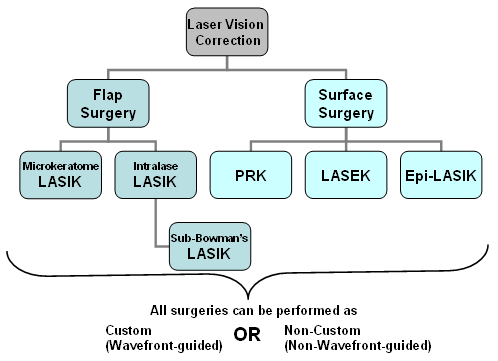Aiding A Family Member Going Through Cataract Surgical Procedure: Insights From A Caregiver'S Perspective
Aiding A Family Member Going Through Cataract Surgical Procedure: Insights From A Caregiver'S Perspective
Blog Article
Post Composed By-Bynum Crosby
As a caretaker sustaining a liked one encountering cataract surgery, your function is crucial in guaranteeing their convenience and recovery. From pre-surgery prep work to post-operative care, your presence and support can make a substantial distinction in their journey. Understanding the psychological and physical obstacles they may come across, giving functional assistance, and being their pillar of support are crucial elements in this procedure. Remember, your role surpasses just providing aid; it has to do with being a source of strength and comfort throughout a considerable phase in their life.
Understanding Cataract Surgical Procedure Process
Checking out the actions involved in cataract surgical treatment can aid alleviate any kind of anxiety or unpredictability you may have regarding the treatment. Cataract surgical treatment is an usual and very successful procedure that includes eliminating the over cast lens in your eye and replacing it with a clear artificial lens.
Prior to the surgical procedure, your eye will be numbed with eye declines or a shot to ensure you do not feel any kind of pain throughout the treatment. The surgeon will make a little incision in your eye to access the cataract and break it up making use of ultrasound waves prior to very carefully removing it.
Once the cataract is eliminated, the synthetic lens will be placed in its area. The entire surgery normally takes about 15-30 minutes per eye and is usually done one eye at a time.
After the surgery, you may experience some moderate discomfort or blurred vision, however this is typical and must enhance as your eye heals.
Readying for Surgical Treatment Together
To make sure a smooth and stress-free experience, planning for cataract surgery together can make a substantial distinction in your loved one's journey. Beginning by going to pre-surgery consultations with them. By doing this, you can ask concerns, recognize the treatment, and offer emotional support.
Help them arrange their pre-operative guidelines, medications, and transport to and from the medical center. Ensure their home awaits their recuperation by setting up a comfortable space with easy access to crucial things.
Assist them in scheduling post-operative treatment if needed, such as assist with meals or household jobs. Motivate them to adhere to the physician's suggestions pertaining to fasting prior to surgical procedure and drug protocols.
Assure them that you'll be there for them every action of the way. By actively joining the prep work procedure, you can relieve anxiousness and guarantee that your enjoyed one really feels supported and looked after during this essential time.
Post-Operative Care Tips
After cataract surgery, giving appropriate post-operative care is important for your liked one's healing. read the full info here wear the safety shield over their eye as instructed by the doctor. Help them provide suggested eye decreases and medicines on time to avoid infection and help recovery.
Motivate your loved one to avoid touching or scrubing their eyes, as this can bring about issues. Assist them in complying with any kind of limitations on bending, raising hefty objects, or joining laborious tasks to stop strain on the eyes. Make sure they participate in all follow-up appointments with the eye physician for checking progression.
Keep the eye area clean and completely dry, staying clear of water or soap directly in the eyes. Urge your loved one to wear sunglasses to safeguard their eyes from intense light and glow during the recovery procedure. related webpage and helpful as they recoup, using assistance with day-to-day jobs as needed.
Conclusion
Finally, supporting an enjoyed one via cataract surgical treatment involves existing every action of the method, from pre-surgery preparations to post-operative care. Your emotional support, useful assistance, and motivation can make a considerable distinction in their recuperation process. By remaining notified, organized, and conscientious to their requirements, you can help make certain a successful end result and supply them with the convenience and peace of mind they need during this difficult time.
